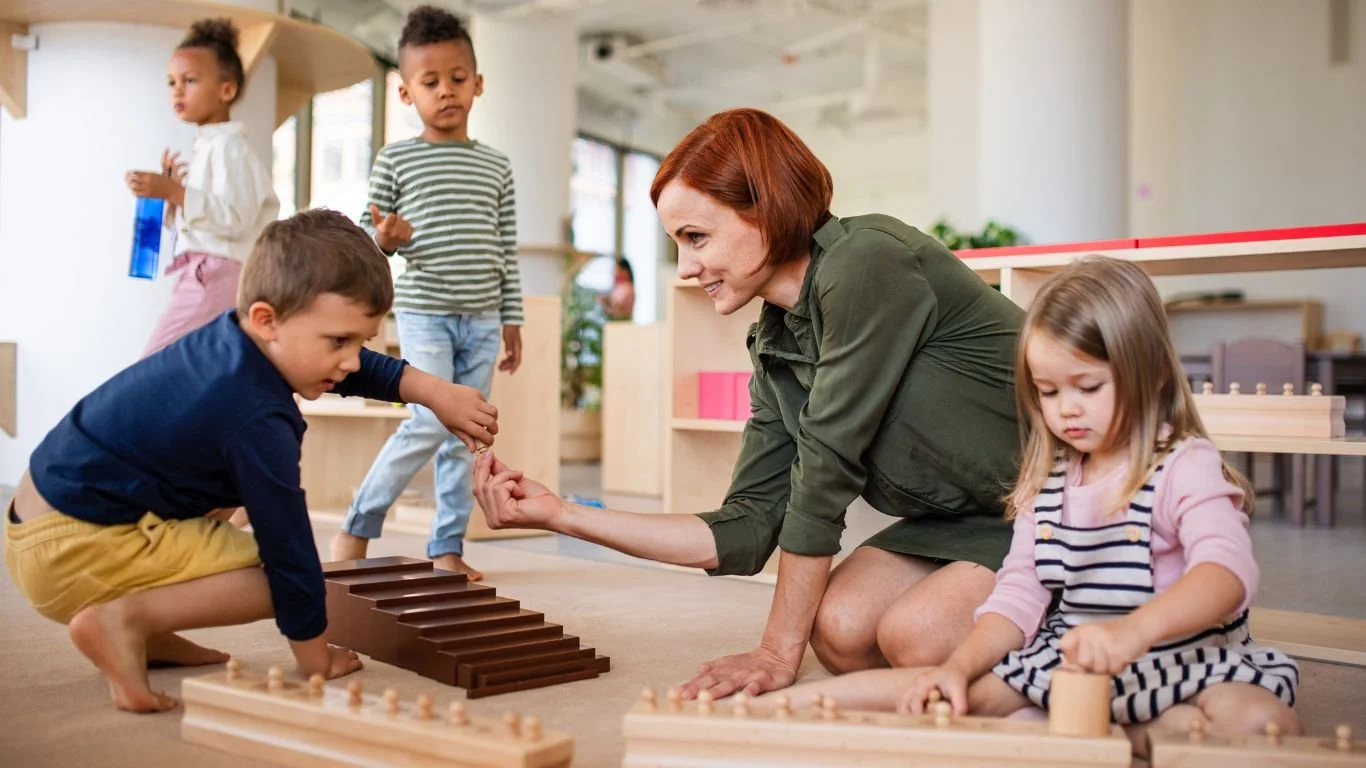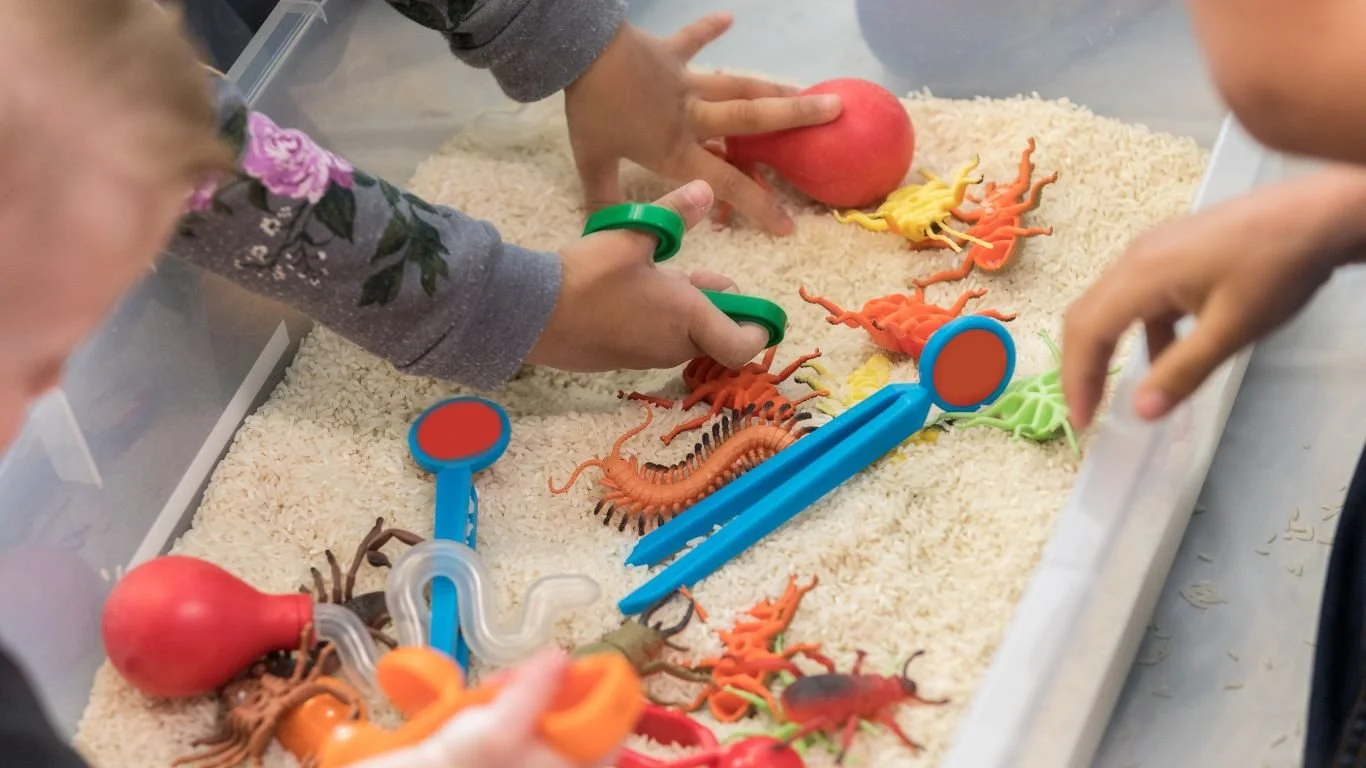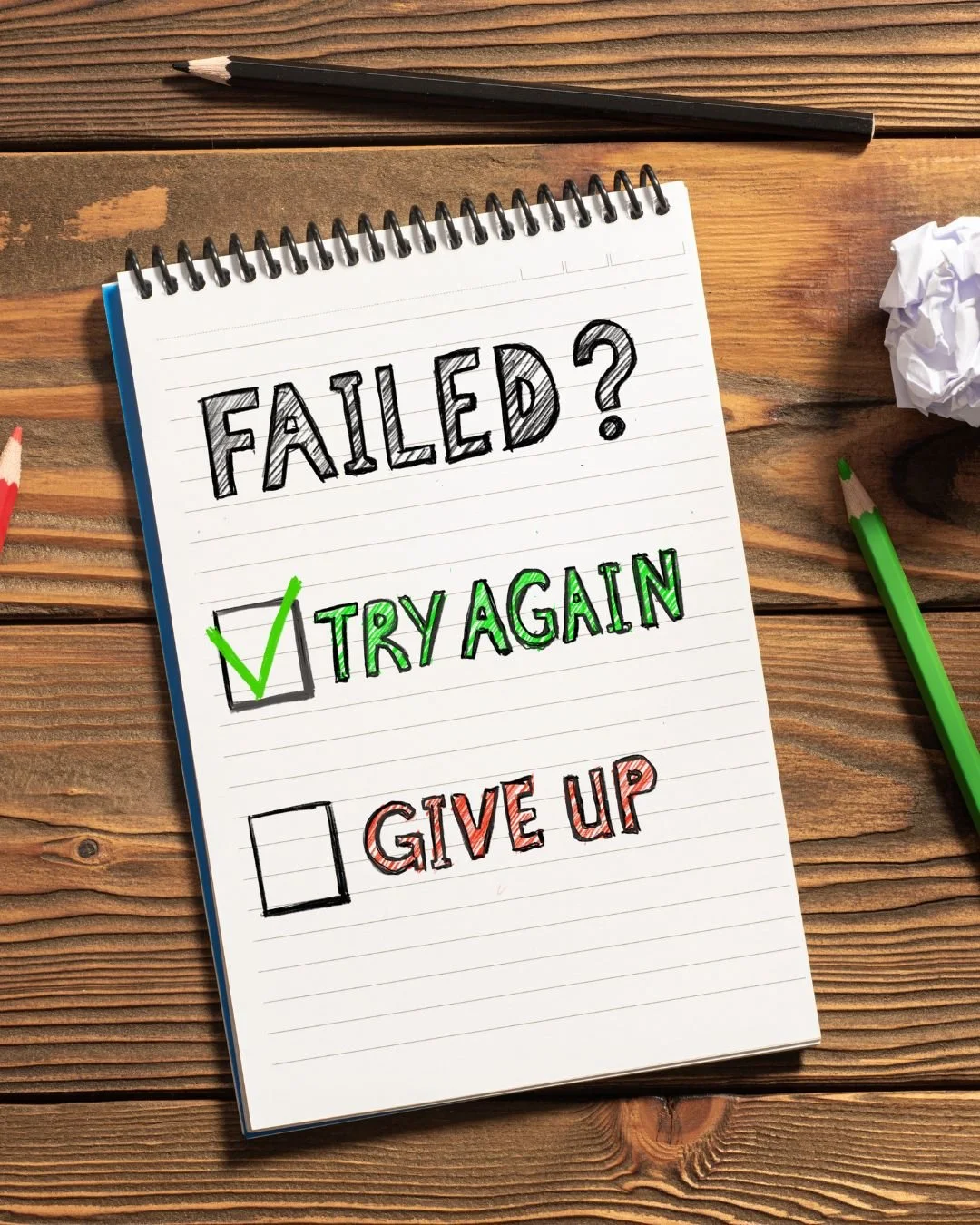Getting Ready To Start School
For many parents this is the time of year that they are facing ‘lasts’ in their children’s lives.
The last day at an early years setting.
The last day of primary school.
The last GCSE.
To me ‘lasts’ in my children’s lives are more exciting than sad. Yes of course, I am a little wistful about those days that have passed. However I am intrigued to discover what adventures await them next!
Now, if you are in the camp of parents whose children will be having their last day at an early years setting soon and will be starting their first day at school in September then keep reading, this is the blog for you!
As well as going through this process with my own four children, I’ve also worked as an early years educator helping children prepare to move from their early years settings to school, along with supporting reception children to settle into their new class. So I’m in a perfect position to give strategies and tips to help ease your child's transition into school and set them up for a successful start.
Starting school is a significant milestone in a child's life. It marks the beginning of a new chapter filled with learning, growth, and independence. As a parent, you play a crucial role in preparing your child for this journey.
Encourage independence from a young age
This is number one, and the biggest one!
I can not over emphasis the importance of this. Building independence grows confidence and self-esteem in your child which will have a significant impact on how they adapt to school life. Forget worrying about whether they can write their name or recognise numbers 1 to 10, that will come. Put in the groundwork for developing their independence - that is the best start you can give your child.
Dressing and undressing
If you know your child will struggle, then make life as easy as possible for them - shoes with velcro fastenings, elasticated trousers or skirts. Let them feel a sense of achievement rather than frustration. Plus the reception team will be very grateful! Did you know undressing is an easier skill to master than dressing? So focus on that first.
Using the toilet independently
This is an important skill which will make the transition to school smoother. At home establish a routine, reminding them to flush and wash their hands after using the toilet.
Using a tissue
Teach your child how to blow their nose, rather than snorting, or even worse, wiping snot on their sleeve! And emphasise the importance of putting the used tissue in the bin and washing their hands afterwards. There will be many coughs and colds going around during that autumn term so this skill will come into good use!
Using a knife and fork
It’s surprising the number of children who start school unable to use a knife and fork efficiently. Try and eat as a family as often as possible so your child can see others using cutlery.
Tidying up
During the school days there are regular times when a need for a tidy up is called for. Encourage your child to do so at home. Rather than just having them dump everything into one big pile, have places where toys go so your child learns to put things back where they belong.
Listening
REALLY listening! To help your child when you want them to listen to an instruction, teach them to ‘Look, listen, be quiet, be still’ Start with one simple instruction and as they become more competent at following one, start increasing the number. If you do nothing else, teach your child how to listen!
The art of conversation
Understanding that a conversation is an exchange of information, thoughts, feelings and ideas with the ability to listen attentively to others is an important skill to have when starting school. It’s at the centre of teaching and learning, and is a foundation of human interaction.
To help your child, just talk regularly to them when you’re going about everyday activities and yet again be a good role model! Make eye contact, listen, don’t interrupt, show you’re interested and be patient!
Sharing
To truly share a child must have the ability to empathise with the other party. Research varies as to when a child develops empathy, anything from between 2 years to 6 years of age. So for many children starting school, sharing is still a tricky concept to get to grips with. To help your child be a role model by being a good sharer yourself! Encourage turn taking, for example they choose a book and then you select one, take turns in turning the next page or opening flaps.
Developing motor skills
At this point I would like to stress that giving your child lots of opportunities to develop gross and fine motor skills will play a significantly greater part in their learning than focusing on teaching them the alphabet or how to write.
Gross motor skills develop though using the whole body. So activities like throwing, catching and climbing will help to develop the muscles in their shoulders, arms and hands.
Fine motor skills are hand-eye coordination of the small muscles in the hands, wrists and eyes. Activities like building with blocks, doing a jigsaw, threading, colouring, and everyday activities like laying the table and lending a hand in the garden, all help in this development.
Using a pair of scissors
Being able to use scissors is important for many school activities. It’s a complex skill to learn, so give your child plenty of chances to practise. Start off with a pair of plastic scissors and some playdough. Encourage them just to make marks in the dough with the scissors. Then roll the dough out like a snake and cut chunks off. Once they’re competent with that, move on to regular scissors. Not only are they learning to use a pair of scissors but they are building up the small muscles in their hand which are important for writing. So a win win!
Resilience
One of the greatest gifts you can give your child is the gift of resilience!
Actually it’s not quite as straightforward as that, as I’m sure you’re fully aware! The ability to bounce back from challenges, trauma and unforeseen circumstances takes time to build and strengthen. Your role is to support them in acquiring the necessary skills to face life difficulties head on. Children who are resilient are confident, display good problem solving skills, show a curiosity about the world around them and are willing to try new experiences.
You can help your child by resisting the urge to fix every minor problem for them, encouraging your child to try again when something doesn’t go to plan, and supporting them in working out how to resolve a problem.
Resilience will help your child tackle the inevitable challenges and obstacles they will experience throughout their school career.
Each child’s journey is unique, and their readiness for school will vary.
Be patient, flexible, and responsive to your child's needs.
By providing a strong foundation of emotional support, practical skills, and a positive attitude, you'll be equipping your child with the tools they need to thrive at the start of their academic journey.











